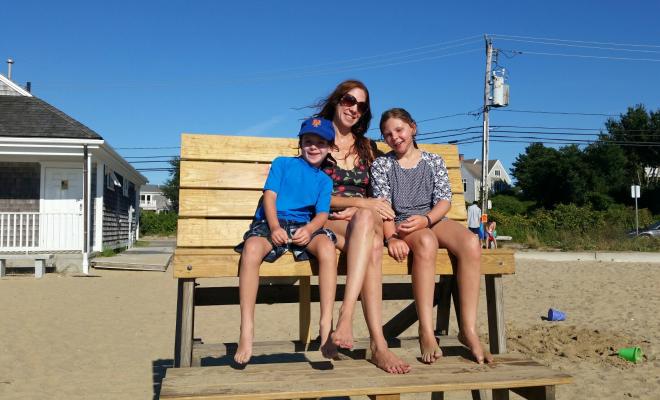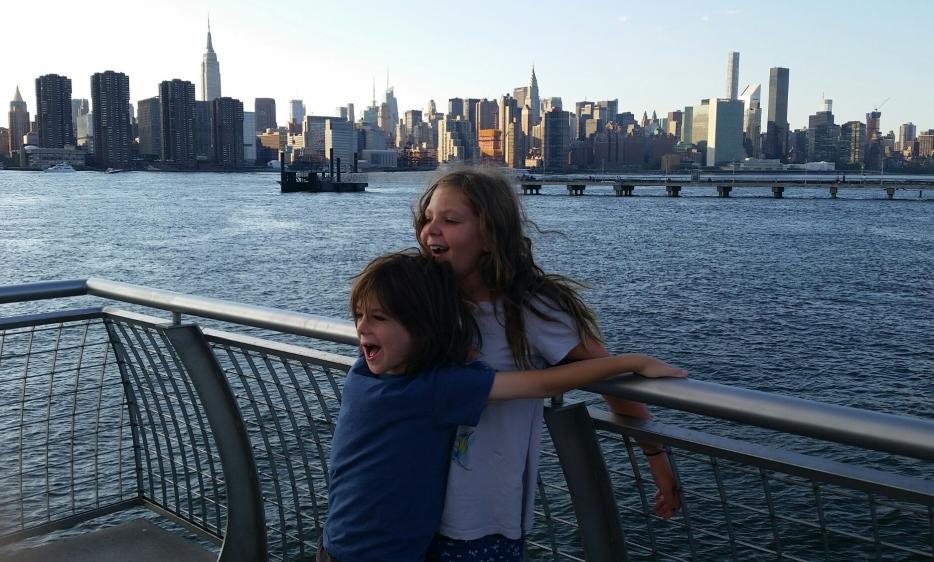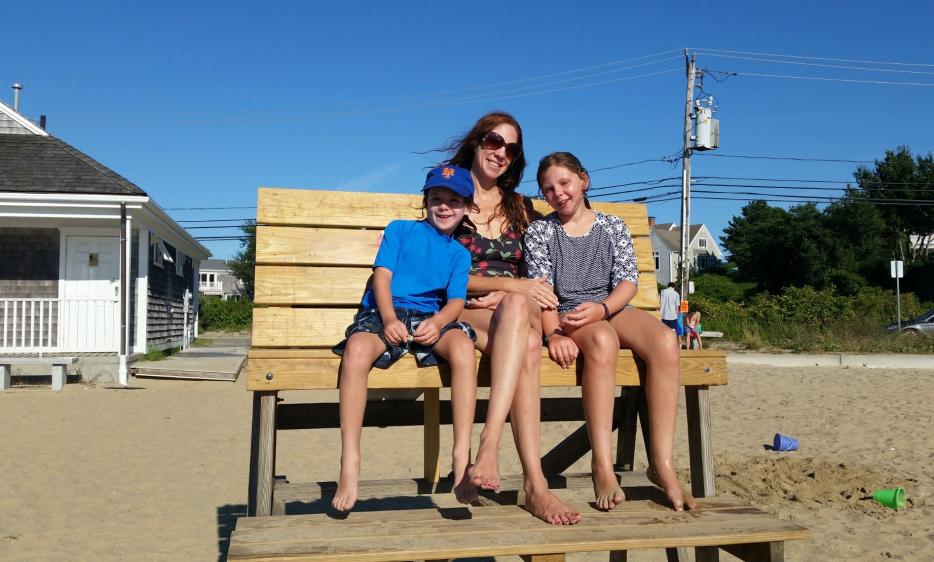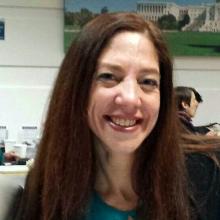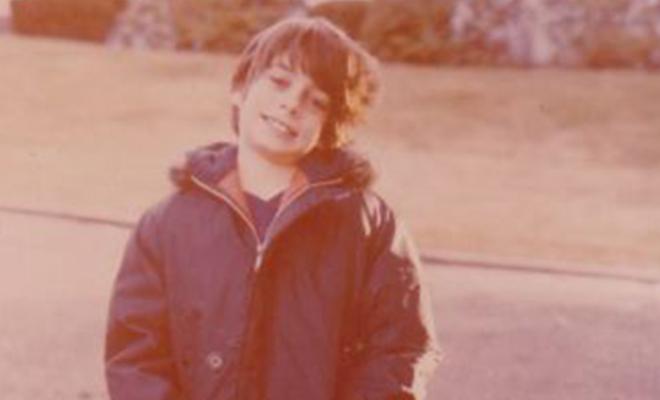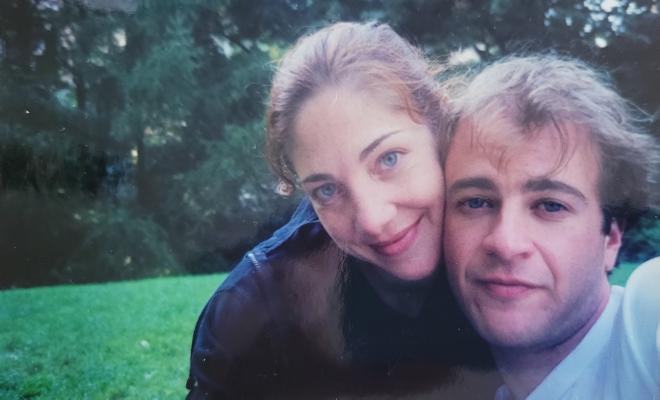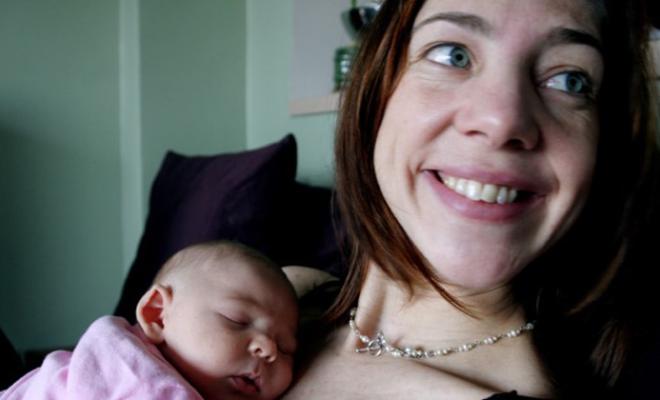As a mother with cystic fibrosis who has borne two healthy children, I constantly worry about the anxiety that my CF has caused my now 8 and 10-year-old. While I try to normalize my disease for them by openly doing my vest treatments, taking my pills and even at-home antibiotic treatments as if it were just another daily task in our busy lives, I knew that one day they would figure out that their friends' moms don't do “mommy's machine.” And that day came before I was prepared for it.
A few years ago, while participating in our local Great Strides, I became so busy organizing my team that I did not realize that my daughter was listening closely to the emcee of the walk discussing the life expectancy of someone with CF. At the time, I was quickly approaching that age. My daughter spent several days internalizing this devastating information before she burst into tears and told me what she had heard. We had a long talk about how, while it is true that there is no cure for CF, I diligently take care of myself to maintain my health.
Unfortunately, they also know that their uncle (my brother) died from CF decades before they were born. As much as I explain to them that there are varying degrees of CF, and that my brother had a much more severe case that me, it is not hard to see that my health weighs heavily on their minds. Sometimes, it weighs on my mind too. It is the elephant in the room. Whenever I even lightly cough in front of my son, he runs behind me and whacks me on my back to help me get the mucus up. Last year, I was admitted into the hospital for the first time since they were born. They acted okay about it, but there was definitely some heightened emotions following that stay.
Today, my daughter gave me some insight into their fears.
I was driving her to school this morning and we were talking about taking deep breaths to relax. From behind my seat I heard a small voice ask, “Does it hurt, Mommy?”
“Does what hurt?” I replied. I, then, realized what she meant. “Do you mean having CF?"
“Yes,” she said quietly (my daughter is never quiet). Just like after that Great Strides years ago, she gifted me an amazing opportunity to open up about CF, based on her comfort level. I explained to her that having CF does not hurt; that, for the most part, I felt completely normal. I told her that sometimes I get sinus headaches or colds just like she does, which doesn't feel good, but otherwise I feel fine and try not to focus on it.
For me, cystic fibrosis does not hurt all of the time. While I cannot get as much air into my lungs as she can, or breathe as well or deeply, it has been this way my entire life so I don't know any differently. I did her tell honestly that I hate having to do my machine twice a day and take lots of medicine, and I resent that I am not able to work full time because my body needs to get more rest than other people's do. She had no idea that was why I don't work. She knows that I advocate on behalf of the Cystic Fibrosis Foundation to, in her words, “Tell the government to get people the medicine they need,” but that I do not have a “job” like other parents.
I made sure to share with her that, despite all of it, I am so lucky to have been able to have children and still maintain my health. Being a mom is the job that I always wanted to have.
It breaks my heart that she thinks I suffer all day, every day, so I am relieved that we had this conversation today. It is hard to know how much to share with our kids. We want to protect them, but we also need to give them age-appropriate information or else their imaginations will run wild. Now that there is a focus on patient emotional wellness, I implore other adults who are lucky enough to have families of their own to speak with their local CF care centers and CF Foundation chapters about the importance of family therapy and how to talk to their children about CF. We talk about caregivers of children with CF but as more of us live into adulthood, it is now time to consider how we speak to the children of CF parents.

